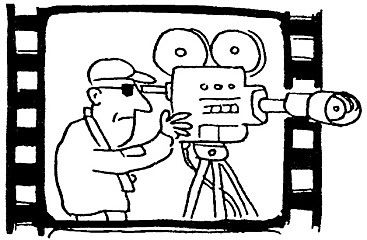Joseph Kabila’s maneuvers raise numerous questions
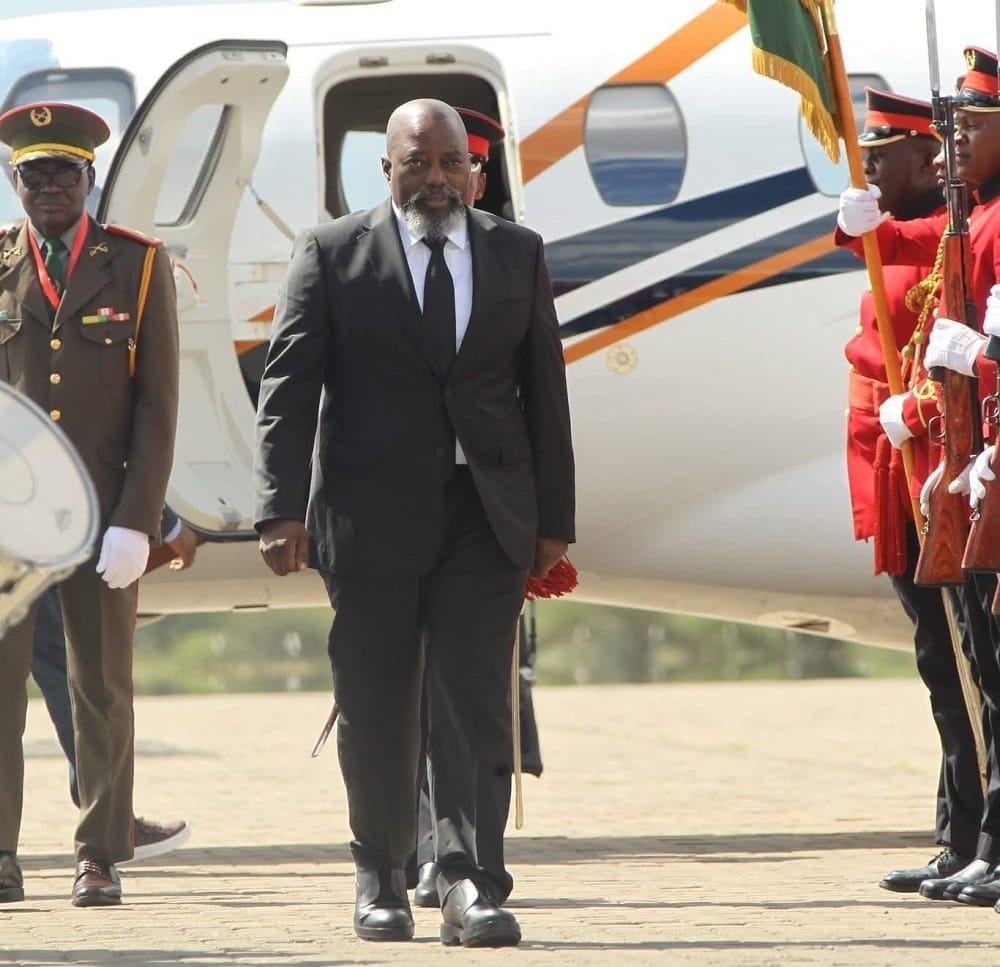
Recent events in the Democratic Republic of the Congo (DRC) have sparked widespread questions among observers, journalists, and diplomats closely monitoring the situation. Kabila’s return to Goma has fueled an intense debate in recent days. Rumors circulate regarding his true motives, especially given that over the past few months, the former president has remained remarkably discreet, aside from a few rare public appearances. It is well known that Kabila is in conflict with his successor, Félix Tshisekedi. It is also understood that Tshisekedi was only able to extend his mandate through an agreement with Kabila, and subsequently, against initial understanding, attempted to neutralize the former president. This volte-face was partly orchestrated by Corneille Nangaa, a controversial political figure who joined the rebel group M23 a couple of years ago and later co-founded the “Alliance Fleuve Congo” (AFC) with others.
After the rebellion seized control of Goma and Bukavu, the Congolese political scene accelerated, marked by numerous contradictions. The complexity of the situation makes it difficult for foreign observers to grasp fully the stakes, especially since Kabila’s presence in the Kivu region further complicates this analysis. I sought reactions but I couldn’t get much wiser. One thing is certain: Kabila’s recent actions raise multiple questions.
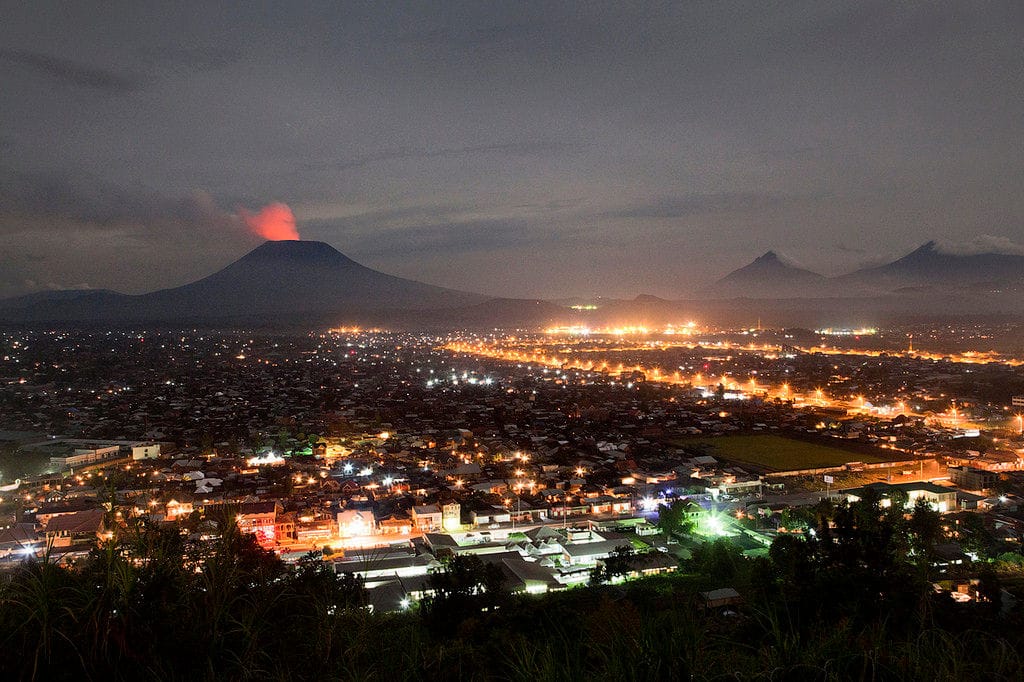
Goma
A regular source in Goma estimates that the local population perceives Kabila’s return more favorably than one might think: “From what I see, about 60 to 70 percent of residents believe Kabila’s presence increases pressure on Tshisekedi’s regime. Tshisekedi already seems sidelined. The M23 put him in his underpants on the front line. Expectations for recent negotiations in Doha or Trump’s peace plan are low. The population no longer believes in a peaceful solution in exchange for American mining concessions. They understand that the conflict in the region is primarily a Congolese issue. People want Tshisekedi to be gone. Although many do not fully trust Kabila—partly because they are aware of his responsibility in current problems—many are willing to give him the benefit of the doubt.”
The interlocutor reports having spoken with residents who saw Kabila’s video message: “He indirectly apologized for past mistakes and called for the formation of a broad political front against Tshisekedi. They hope that Moise Katumbi, the Katangese leader, will follow suit and come to Goma. His presence would strengthen the situation, especially because M23 does not yet have a solid, organized administration. Everything currently revolves around Kabila, allowing M23’s local administration some breathing room.”
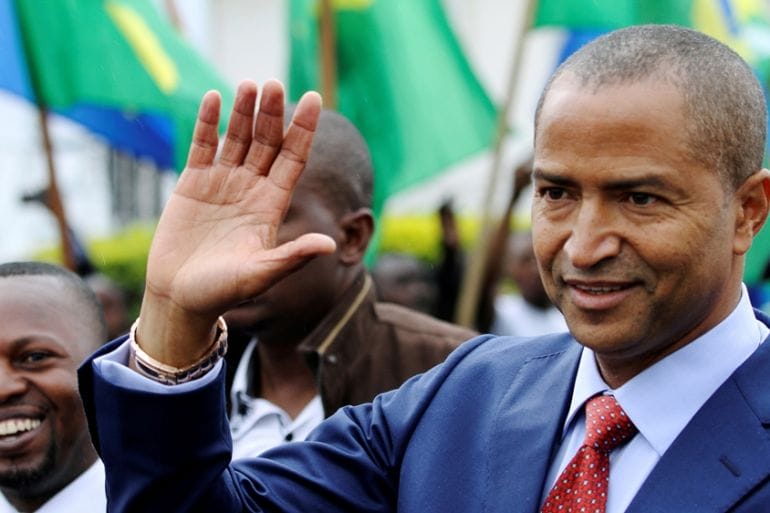
Another analyst confirms that the local population no longer believes in negotiations in Washington or Doha: “Kabila’s presence in Goma changes the conflict dynamics. M23 is mainly focused on consolidating its territories in the Kivu provinces, showing less interest in political battles in Kinshasa. Corneille Nangaa is only a minor player compared to Kabila. Within the rebel group, a debate already exists: should they strengthen territorial control in the Kivus or continue fighting for power in Kinshasa? The rumor that Nangaa might go to Kinshasa to overthrow Tshisekedi no longer holds water. The M23 base would reject that, Rwandans cannot afford another adventure like the AFDL, and the international community would oppose such a move. If Kabila wants to remain credible, he must now adopt a political approach. The question is how Nangaa and Kabila will position themselves relative to each other. If an agreement is reached and Katumbi joins them, the situation could improve for all. Tshisekedi’s regime is already shaky. In the event of his departure, a new coalition in Kinshasa could form a transitional government better equipped to support M23. Both Kabila and Katumbi are corrupt, but many hope they have learned lessons and will play by the rules in the future.”
“There is also a very hostile minority towards Kabila,” the source adds. “Only the future will reveal the true impact. Everything depends on how M23 manages this situation. If it allows itself to be manipulated by the major political actors knocking at its door to serve their interests, it could turn disastrous. But if it acts strategically, as the host, it could capitalize on this crisis. That’s their greatest challenge. All influential actors in Kinshasa and Katanga can only operate in Goma with the M23’s approval. Sultani Makenga and Bertrand Bisimwa have the final say. They have already sidelined Tshisekedi, and with other groups, could now bring down the Burundian regime.”
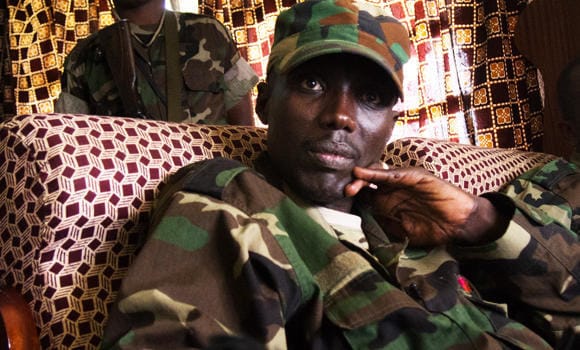
Tshisekedi
“Félix Tshisekedi now appears completely overwhelmed,” estimates a European diplomat in Kinshasa. “Patrick Muyaya’s propaganda machine is nearly paralyzed. His only remaining tactic is to accuse Kabila of being Rwandan and a Rwandan puppet. He is also accused of treason, but that’s nothing new since Kabila’s visit to Goma. Olivier Kamitatu, an influential politician closely linked to Moise Katumbi, believes Kabila’s visit to Goma is a step in the right direction because it could break the deadlock. Some colleagues even think Katumbi might soon declare himself ‘pro-Goma,’ which would deprive Tshisekedi of sufficient political support to avoid a complete fall.”
“Vital Kamhere, another key figure, is still aligned with Tshisekedi, but many believe he will think twice before continuing to support the president. His stronghold in Bukavu has been inaccessible from Kinshasa. He needs his base to survive. Tshisekedi can still count on Burundi’s president, General Neva, who continues to send troops into DRC. But beyond that, the only negotiation platform still active is the Doha talks, where DRC is directly negotiating with M23. Trump’s peace plan, aimed at a quick deal between Rwanda and DRC, is largely discredited within the country.”
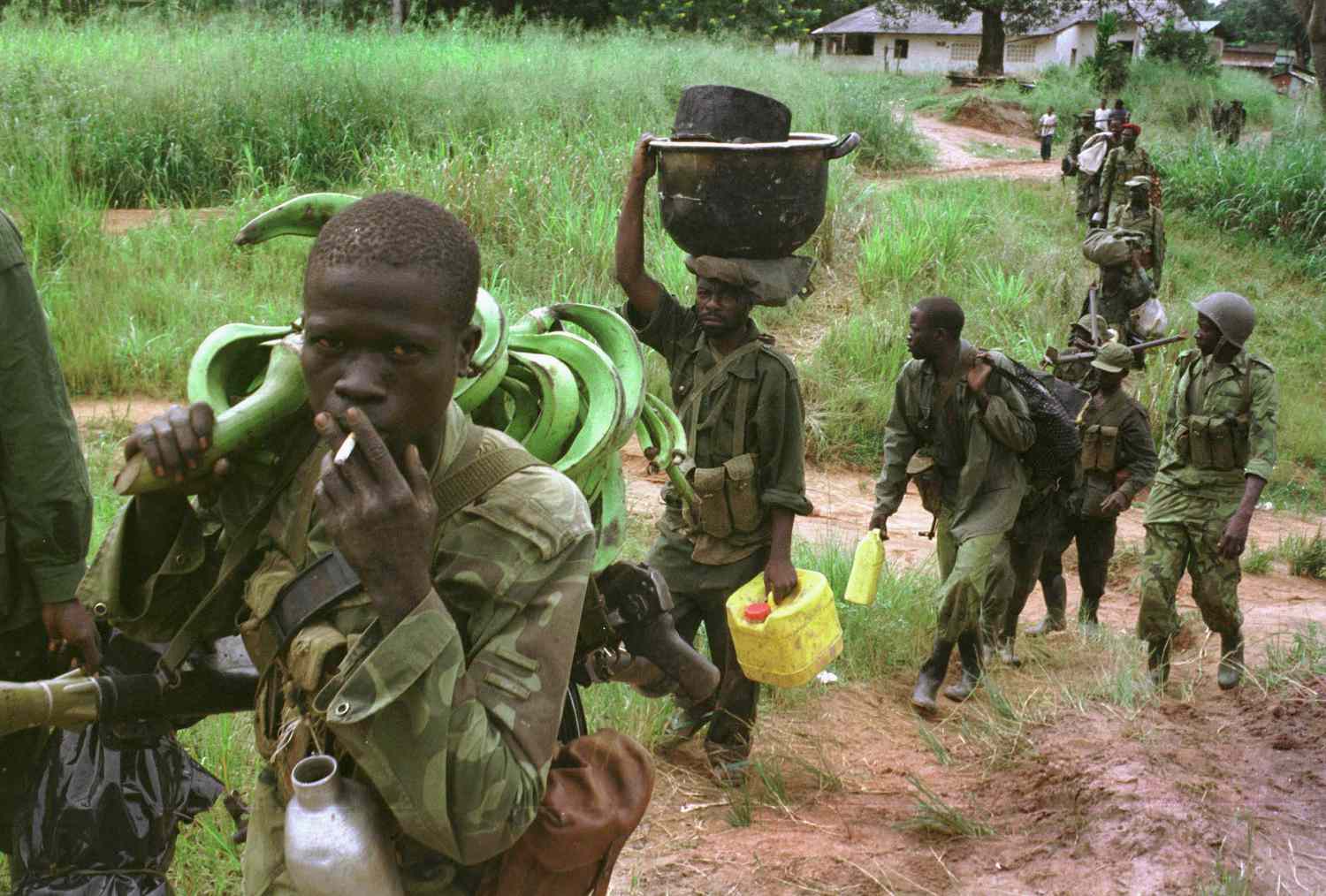
A European observer comments: “I’m not quite sure how to interpret Kabila’s presence in Goma. Perhaps he has chosen his side. He claims to remain neutral, but that argument no longer holds. A peace agreement between Congo and Rwanda does not seem sufficient to resolve the crisis. Even if UN experts exaggerated Rwandan support for M23, Kigali will never admit it officially. Withdrawing M23 from Kivu or reopening access for the Congolese army (FARDC) no longer seems feasible. Rwanda has always wanted to negotiate, but international pressure has consistently led to failure. Trump’s approach was premature, and Doha negotiations between DRC and M23 have yielded little. South Africa and Tanzania now seem less inclined to listen again to Tshisekedi’s grievances. Many believe his time is running out. If he wants to act subtly, he should step aside for his successors. Kabila, even if he risks losing some of his assets in DRC temporarily, is reportedly making a calculated gamble.”
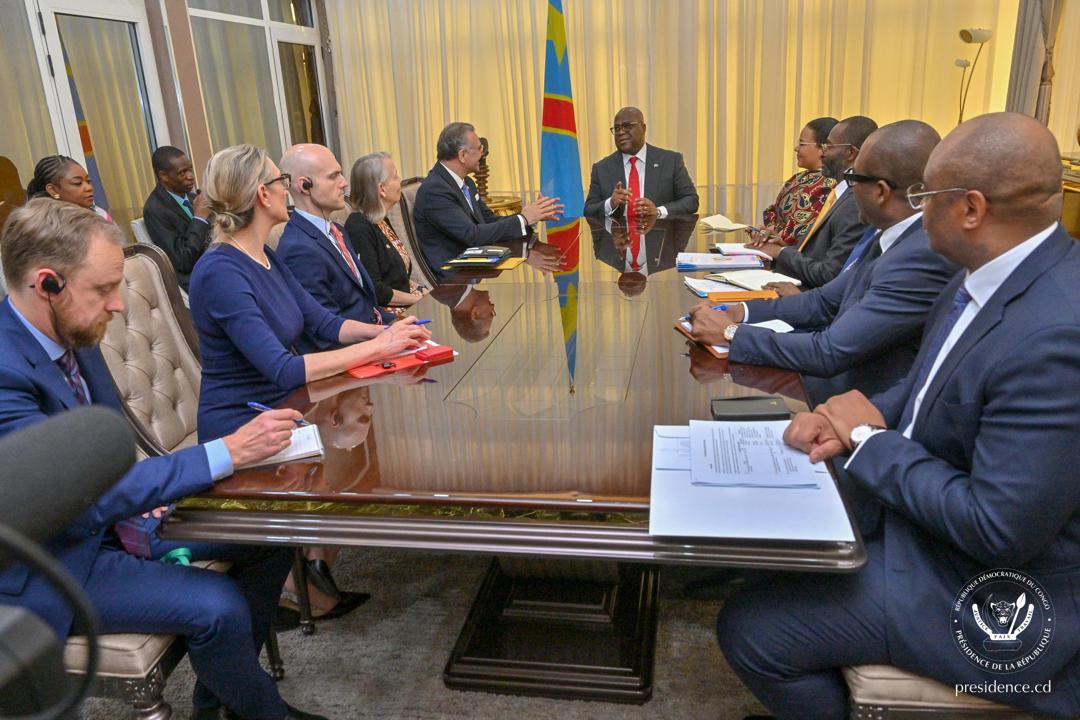
It is also known that Erik Prince of Blackwater is recruiting mercenaries to secure Congolese gold mines. Blackwater is an American mercenary den often employed by the U.S. government in zones where deploying official forces is undesirable. This could suggest that Trump was interested in granting Americans access to minerals in exchange for support for Tshisekedi. However, the DRC remains a land of uncertainties, and it’s unlikely that Donald Trump will be able to profit from it.
Conclusion
The precise impact of Kabila’s recent visit to Goma on the conflict’s future remains uncertain. Much will depend on how M23 positions itself regarding these “political refugees,” its ability to maintain control, and Moise Katumbi’s reaction, which could openly declare itself “pro-Goma.” It seems unlikely that Kabila can mobilize Sultani Makenga’s forces to oust Tshisekedi from Kinshasa. However, the political dynamics in DRC reveal a total lack of confidence in Trump’s initiatives. Internal negotiations remain the only glimmer of hope. The situation could persist for some time, and the fall of Neva’s regime in Burundi cannot be ruled out. We will continue to monitor this evolution closely.
Marc Hoogsteyns, Kivu Press Agency
